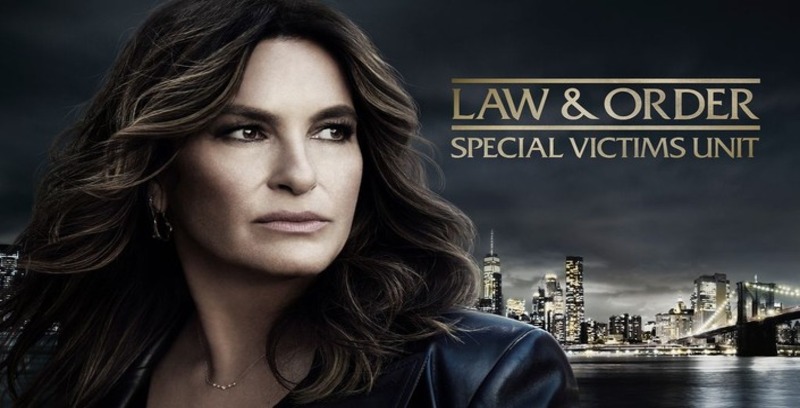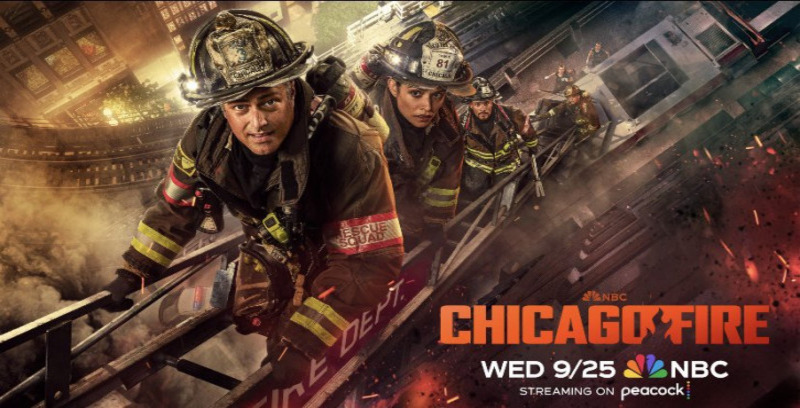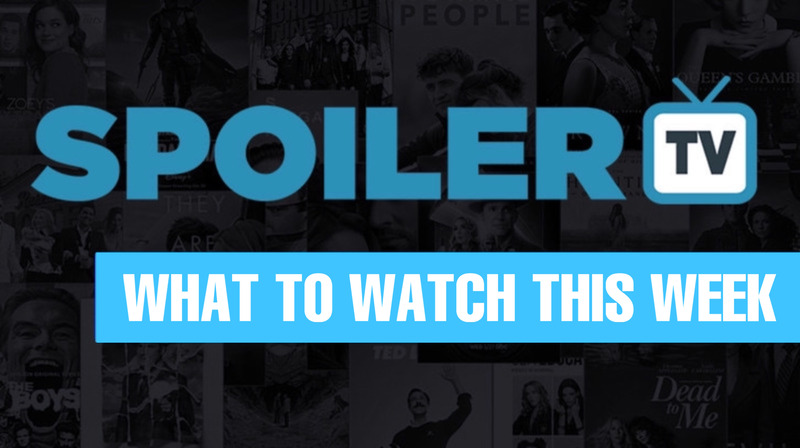You flipped the show on its head with the winter finale, wiping away Emma's memories and inserting new ones. How much discussion was there about the cliffhanger that you left viewers with, showing Emma a year later not recognizing Captain Hook?
Edward Kitsis: We knew we were going to do that. Every year, usually you start getting ideas for one season, you kind of have things in your head. But by the end of season two, we started to see three. And then what we do is called a mini-camp in between seasons where the writers come for three weeks and we just plot it out. So for us, we wanted episode 11 to feel like a series finale, so people would say, what are they going to do next?
Adam Horowitz: That's the question we want people to be asking -- how are they going to get out of this one? What's it going to be? And then we're really excited for the audience to see a new paradigm for the show that will hopefully feel familiar in a nice way, but new in an exciting and intriguing way.
How many different endings did you toy with before you landed on what ended up on the screen?
Kitsis: That was the only one.
Horowitz: That came very quickly as we were designing the end of the 11-episode pod. That just became this inevitable place we kept getting to. And we got so excited by it, particularly because -- hopefully you'll see in the second half -- it leads very naturally to a whole new story we're telling that hopefully as you look through the whole season, feels like they connected to each other and spoke to each other in thematic and character ways that make a lot of sense.












